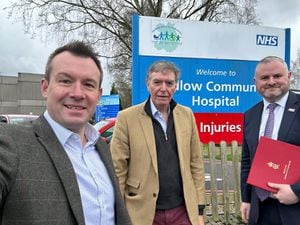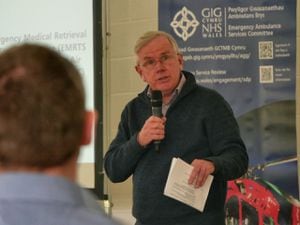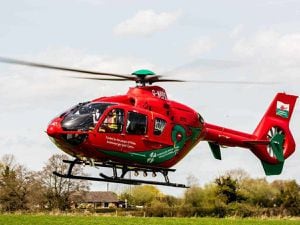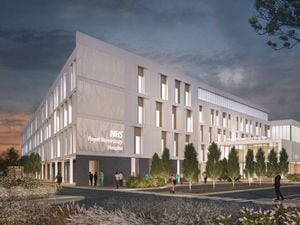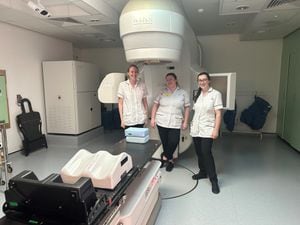Ambulance call-outs for the most serious conditions hit highest on record last month
NHS staff in England dealt with more than 85,000 call-outs to life-threatening conditions in July – the highest number since records began.
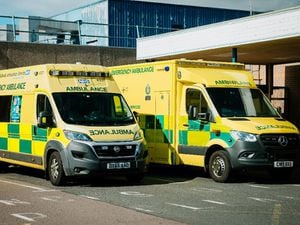
New data from NHS England has shown that there were 85,397 ambulance call outs last month for life-threatening conditions such as cardiac arrest or respiratory arrest.
As the nation experienced extreme temperatures of up to 40 degrees in some parts last month, it is believed that the hot weather may have been a factor in the increase in demand.
Murray MacGregor, communications director at West Midlands Ambulance Service, said: "It's true that we did have more category one calls in July than previously.
"The interesting thing is we also had more hospital handover delays than ever."
Mr MacGregor said that the hot weather does cause problems with both elderly and young people suffering in the heat.
He also mentioned that certain medication does not respond well to hot weather as it can impact the body's thermal regulation.
However, he reiterated that there is a direct correlation between the handover delays and the category one calls received.
See the data below:
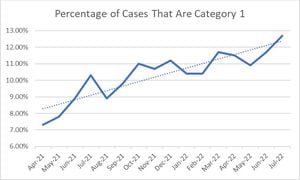
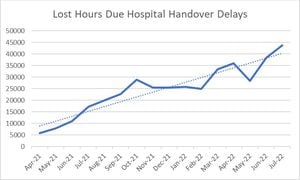
He explained that when patients initially make a call to say they are unwell, this may be deemed a Category Two or Category Three emergency.
But, due to the handover delay – getting patients from an ambulance and into the hospital – patients' initial condition may deteriorate and thus enter Category One status.
“The ambulance service relies on each part of the health and social care system working together so that our ambulances can get to patients in the community quickly," Mr MacGregor added.
"Sadly, the pressures we are seeing in health and social care lead to long hospital handover delays with our crews left caring for patients that need admitting to hospital rather than responding to the next call.
"The result is that our crews are delayed reaching patients.
“We are working incredibly hard with all of our NHS and social care partners to prevent these delays, looking at new ways to safely hand over patients quickly so that our crews can respond more rapidly and save more lives.”
For the most urgent call-outs – Category One – average response times in England were the joint worst on record at nine minutes and 35 seconds, matching the previous record set in March.
In the West Midlands the average Category One response time was eight minutes and 17 seconds.
Statistics have shown that for Category Two emergencies, people waited an average of 59 minutes and 55 seconds for an ambulance in July, with the target being an average of 18 minutes.
Specific figures for Shropshire are not yet available.
Helen Morgan, North Shropshire MP and Liberal Democrat Communities and Local Government spokesperson, said: “Behind these figures lie heartbreaking stories of people left waiting hours in pain and distress for an ambulance to arrive.
"It is utterly shocking that when people call 999 they can no longer be confident that they will get the emergency care they need.
“This Conservative government has neglected local health services for years and now patients are paying the price.
“People arriving at Shrewsbury or Telford hospitals are greeted by a line of ambulances waiting to hand over patients in need of attention. This is the outcome of failures across the system.
“Liz Truss herself has admitted that under the Conservatives people are facing appalling ambulance delays. Yet neither she nor Rishi Sunak have set out a credible plan to solve this crisis.
“We need emergency funding now to support overstretched ambulance services along with an official CQC inquiry into how to fix these appalling delays.”

